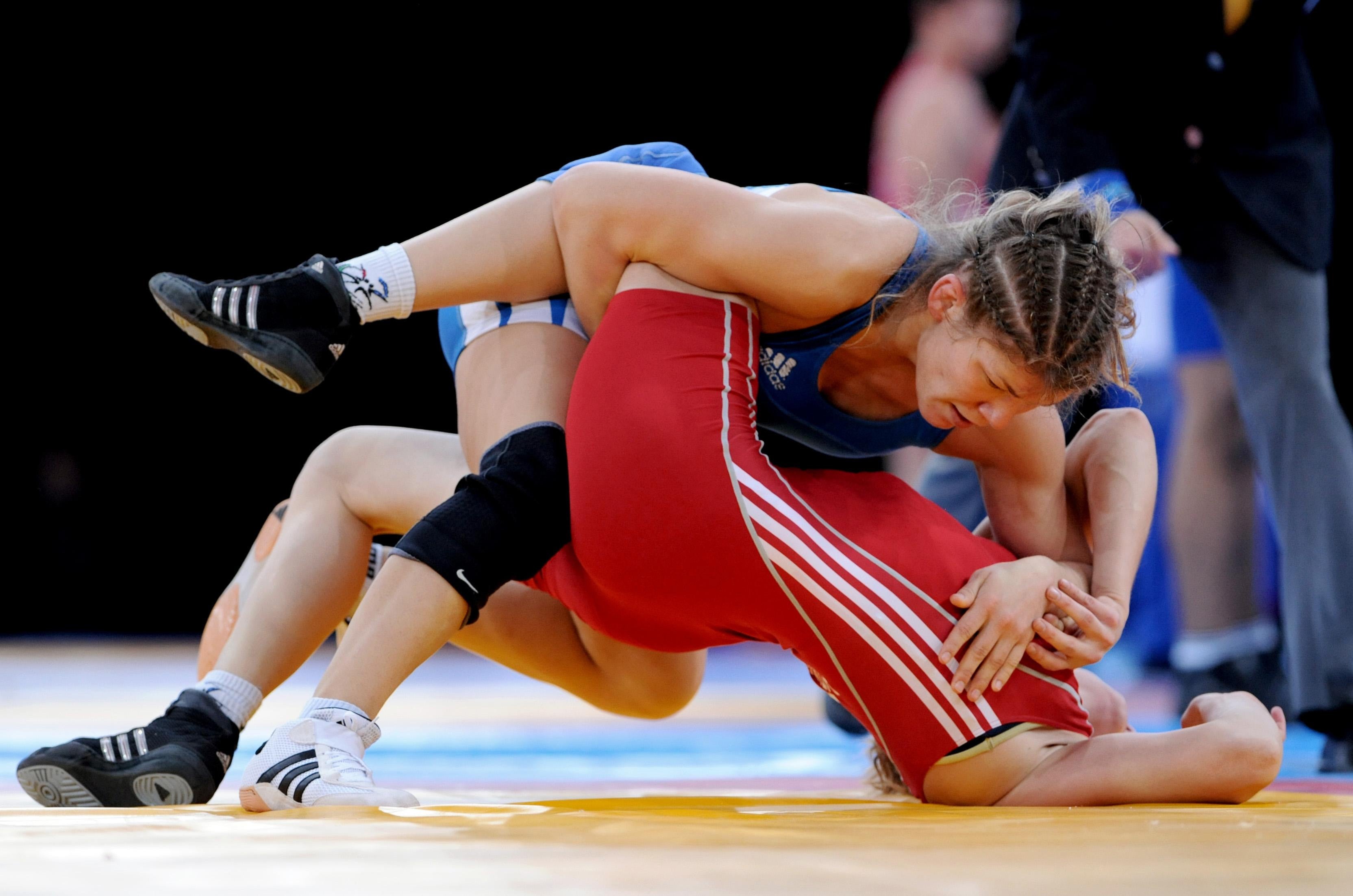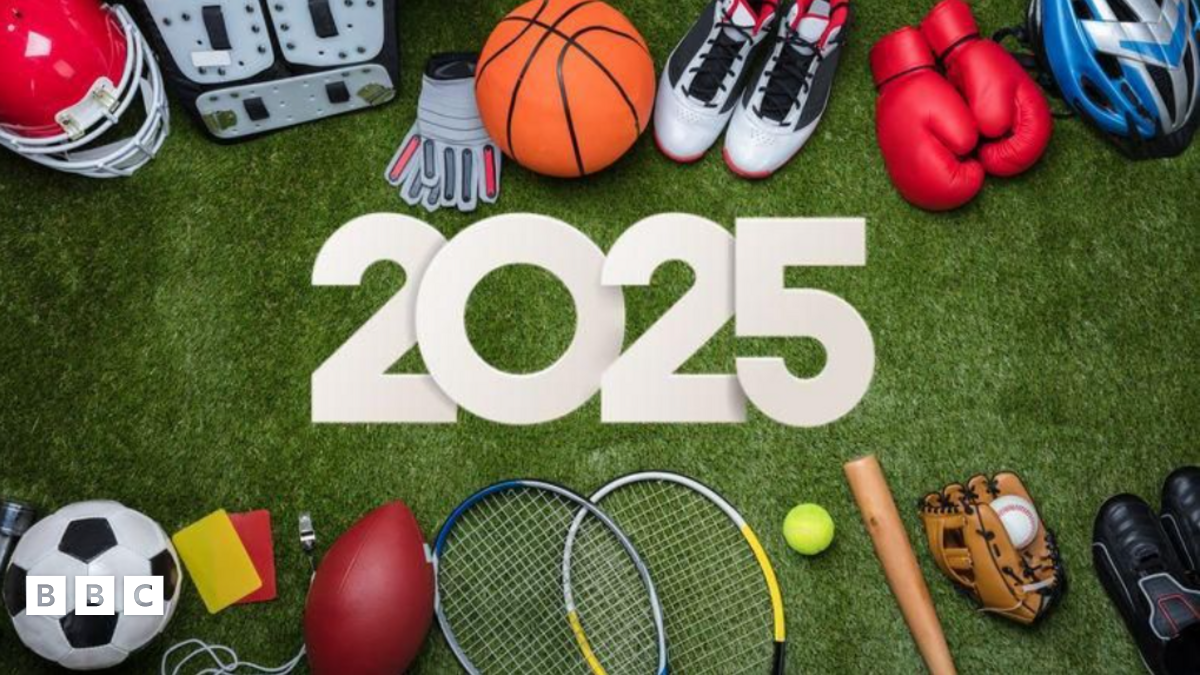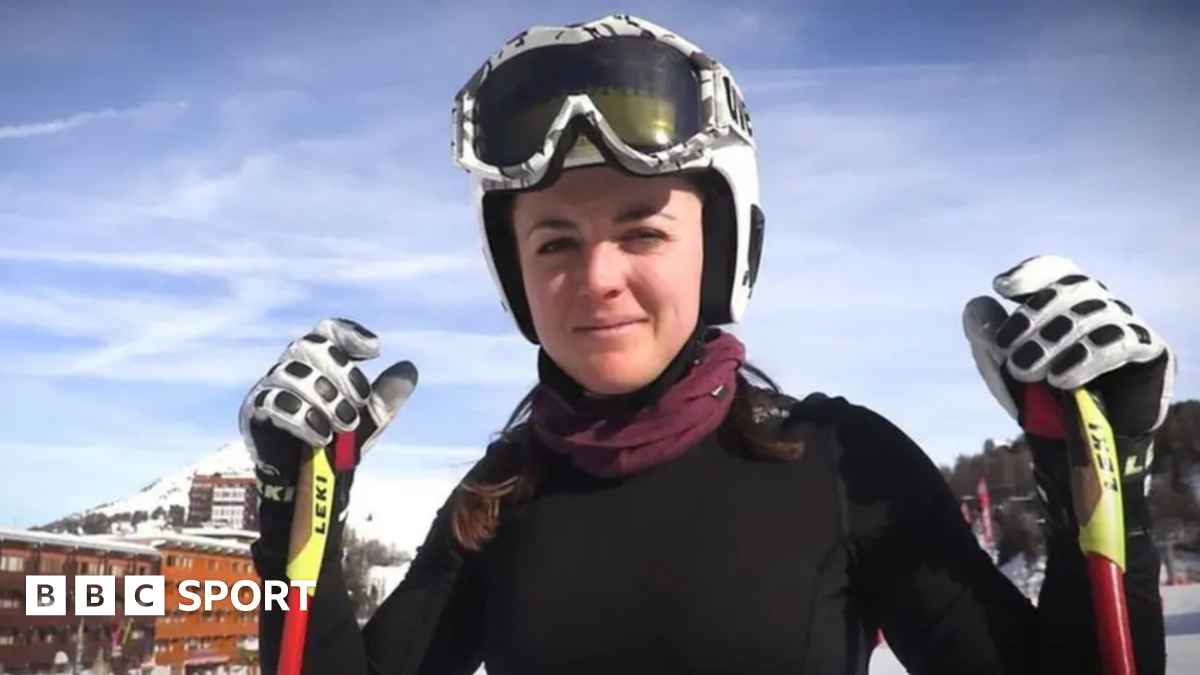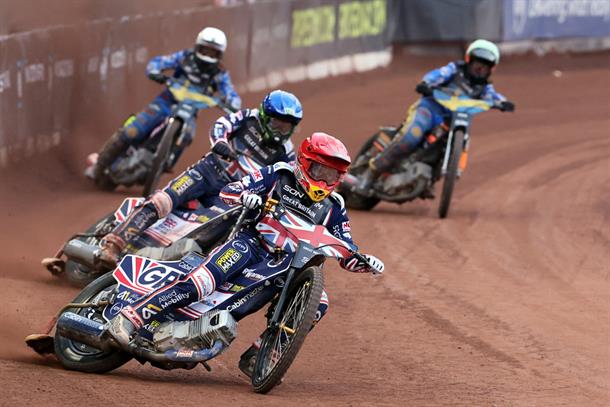Record medal hauls may be mooted for Team GB when the Paris Olympics get underway in the French capital, but there are some Games venues at which the Union flag will be conspicuous by its absence.
The tentacles of sustained podium success, spread liberally by almost £250m of UK Sport funding for the Paris Olympic cycle alone, have yet to reach the wrestling mats of the Champ-de Mars-Arena or the glittering fencing venue at the Grand Palais.
Besides team sports like volleyball and handball, in which Britain mustered brief token gestures for London 2012, they are the largely forgotten individual sports or disciplines which offer scant hope of a change in fortunes.
No landscape is quite as barren as British wrestling, a sport which actually ranks as the nation’s 14th most successful, largely on account of a glut of medals grappled out in the days before the advent of Big Daddy Splashes.
Such is is the paucity of talent in the domestic wrestling ranks that Team GB failed to take up its three offered host nation places for London 2012, instead doling out a single place in the freestyle category to a so-called ‘plastic Brit’, Olga Butkevych.
Having been pilloried in the press, Butkevych predictably fell at the first hurdle, and for the Ukrainian-born athlete, who subsequently settled and married in the UK and teaches the sport to children at British Wrestling headquarters in Salford, it is still a painful memory.
“It reached the point where I didn’t want to go out and talk to anybody,” Butkevych told the PA news agency. “But it wasn’t like I was taking somebody else’s place. There was no-one else, there was only me.”

Butkevych sees little immediate hope of a change in domestic wrestling’s fortunes: “We are in a vicious circle because we have no funding, and without funding we cannot go to competitions to have success.
“The coaches are not paid and have to take time off work to take the athletes to competitions, and many young children and their parents also see the cost of competing and change to other sports where there is more help.”
As for the Greco-Roman form, which has been contested since the inaugural 1896 Athens Games, the future is even more bleak. Increased injury concerns and a lack of participants has seen it all but wiped from the domestic wrestling programme.
It reached the point where I didn’t want to go out and talk to anybody. But it wasn’t like I was taking somebody else’s place. There was no-one else, there was only me.
Olga Butkevych
Great Britain has not managed a single Greco-Roman qualifier since 1948, although South African-born Terence Bosson won a silver medal for England when Greco-Roman made its solitary appearance in the Commonwealth Games in Delhi in 2010.
Now the owner of a wrestling club in Newcastle, Bosson told PA: “Greco-Roman was my first love. It is massive elsewhere but no-one cares about it in this country. It has never been supported and we do not even have a senior team.”
And the current chances of getting a GB wrestler back to the Games, Greco-Roman or otherwise? According to Bosson: “Impossible”.
Three more disciplines missing Brits in Paris
Pistol shooting
Great Britain boasts 47 shooting medals, but you have to go back to 1912 for the last time one of those was won with a pistol. In fact only one athlete, Georgina Geikie, has represented Team GB in pistol-shooting this century, a likely consequence of increased firearms regulations that mean that Bisley is the only accessible venue in the UK in which athletes who use .22 calibre pistols can still train.
Rhythmic gymnastics
Team GB has hardly covered itself in glory on the rhythmic gymnastics mat. Since the sport was introduced in 1984 they have been represented by a total of seven athletes (none since 2012) and none of the seven have graced the top 20 of their respective competitions. England did enjoy surprise success at the Birmingham Commonwealth Games when Marfa Ekimova, who had finished 44th in the World Championships the previous year, claimed all-around gold.
Fencing
Gillian Sheen won Great Britain’s only fencing gold medal in the women’s foil at the 1956 Melbourne Olympics, which, in terms of podium-toppers, makes the sport less successful than tug-of-war and water motorsports. The last medal of any colour arrived in 1964; Britain’s solitary fencer at the 2020 Tokyo Olympics, Marcus Mepstead, crashed out in his opening bout.






